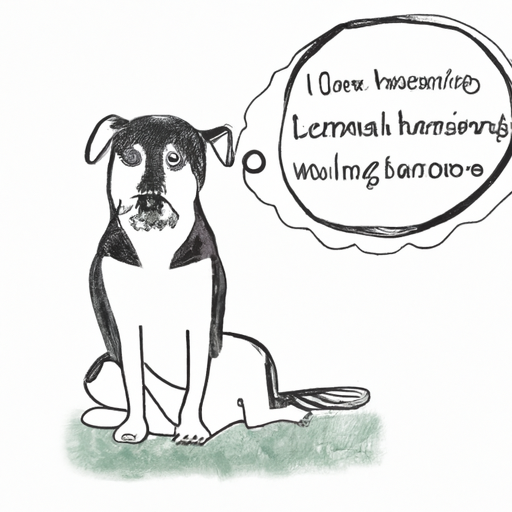The health of your furry friend is one of your top priorities. As a caregiver, you need to know about the potential threats to your dog’s wellbeing, one of which is heartworms. Heartworm disease is a serious and potentially deadly condition in dogs that is caused by parasitic worms. It’s important to understand the symptoms, so that you can take the necessary steps to protect your pet.
What is Heartworm Disease?
Heartworm disease is caused by a parasitic worm called Dirofilaria immitis. It’s spread through the bite of a mosquito which carries the heartworm larvae. These larvae migrate to the dog’s heart and major blood vessels, where they mature into adult worms.
Recognizing the Symptoms
Identifying the symptoms early is crucial for the health of your dog. Here is a list of key symptoms to watch out for:
-
Persistent cough: This is often the first sign of heartworms. Your dog might display a soft, dry cough that lasts for a long time.
-
Fatigue: Dogs infected with heartworms can become tired quickly after only moderate exercise.
-
Weight loss and loss of appetite: Your dog might lose his appetite and, as a result, lose weight.
-
Rapid or difficult breathing: As the disease progresses, your dog might have trouble breathing, or it might breathe rapidly even when at rest.
-
Bulging chest: In severe cases, the chest might appear swollen due to fluid accumulation.
Prevention and Treatment
Heartworm disease is preventable, and it’s easier (and less expensive) to prevent than to treat. Here are the key prevention methods:
- Regular heartworm preventative medication.
- Routine tests to check for heartworms.
- Avoiding mosquito-infested areas.
If your dog is diagnosed with heartworms, treatment will depend on the severity of the disease. It might include:
- Stabilizing your dog’s condition.
- Administration of heartworm adulticide to kill the adult heartworms.
| Prevention/Treatment | Description |
|---|---|
| Preventative medication | Regular doses of medicine to prevent heartworms |
| Routine tests | Regular vet visits to check for heartworms |
| Avoid mosquitos | Keep your dog away from mosquito-infested areas |
| Stabilization | If your dog is diagnosed with heartworms, the vet will first stabilize their condition |
| Adulticide | A medicine given to kill adult heartworms |
The Role of the Caregiver
As a caregiver, you play a crucial role in the prevention and identification of heartworm disease. Regular vet visits, heartworm preventative medication, and keen observation of your pet’s behavior are all essential.
FAQs
Q: Can humans get heartworms from their dogs?
A: No, heartworms are species-specific and cannot be transmitted to humans.
Q: How often should my dog be tested for heartworms?
A: It’s recommended to test your dog annually for heartworms.
Q: Can heartworms be cured?
A: Yes, if detected early, heartworms can be treated effectively.
Remember, the key to ensuring your pet’s health is vigilance. By understanding the symptoms of heartworm disease, you can act quickly and ensure your pet gets the care they need.



